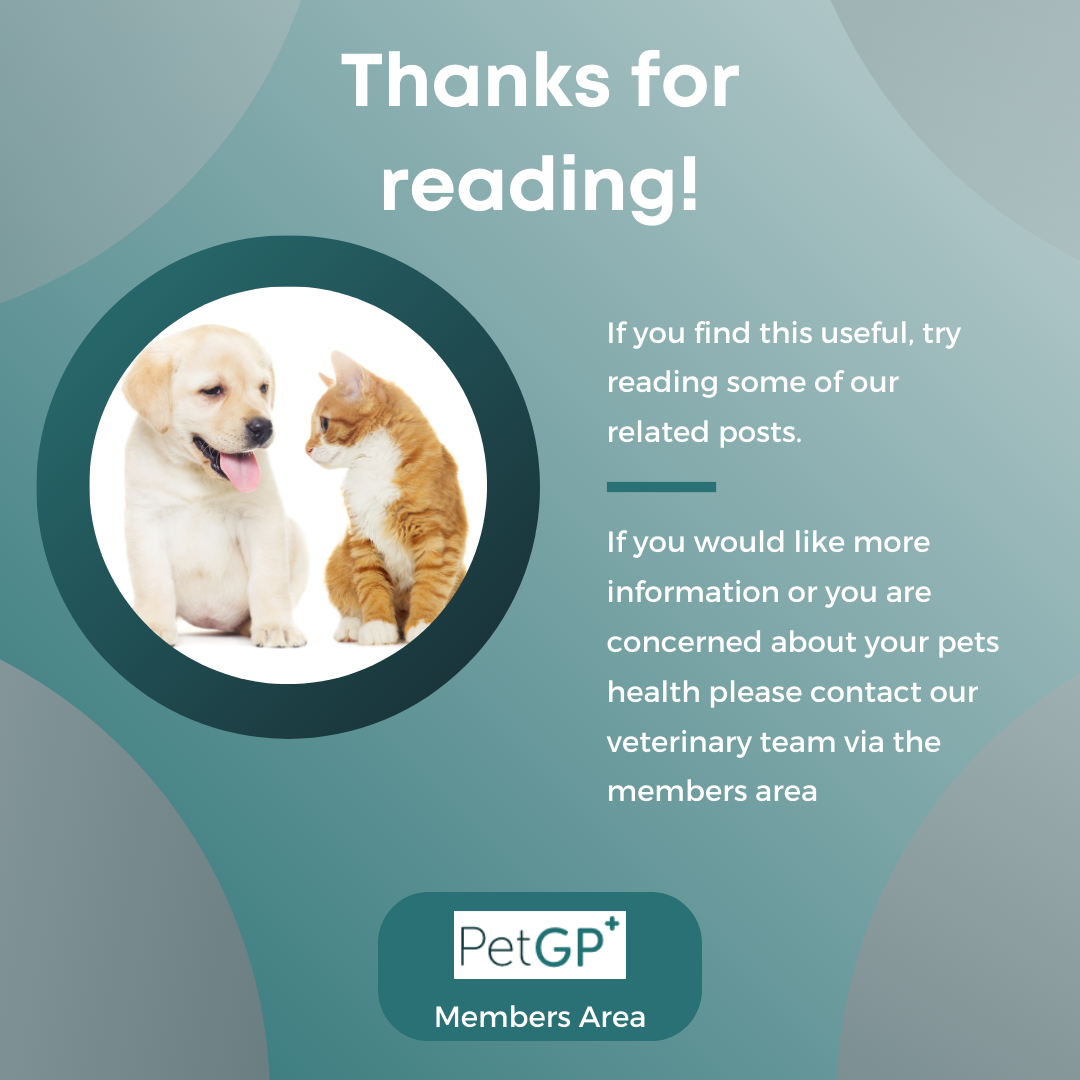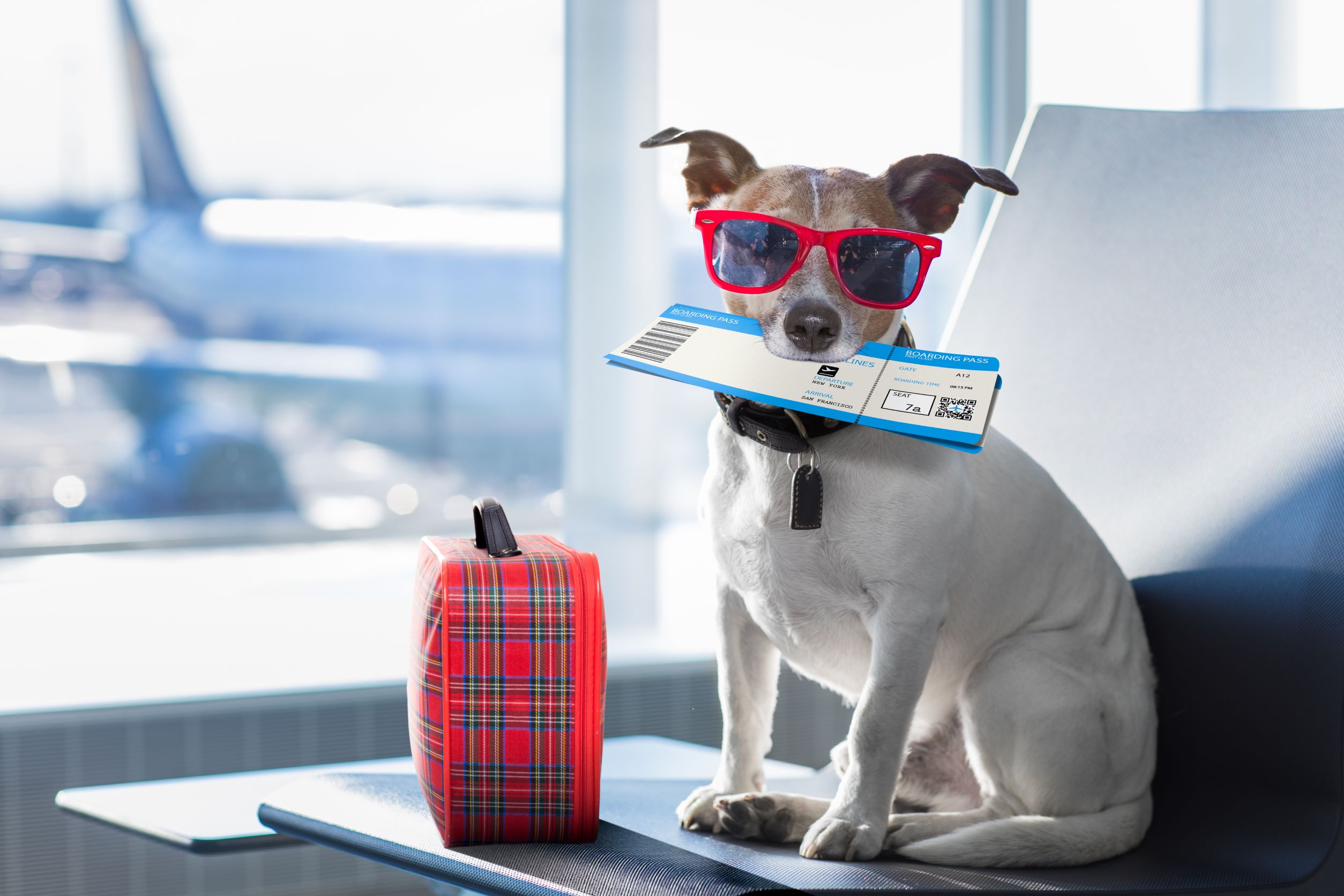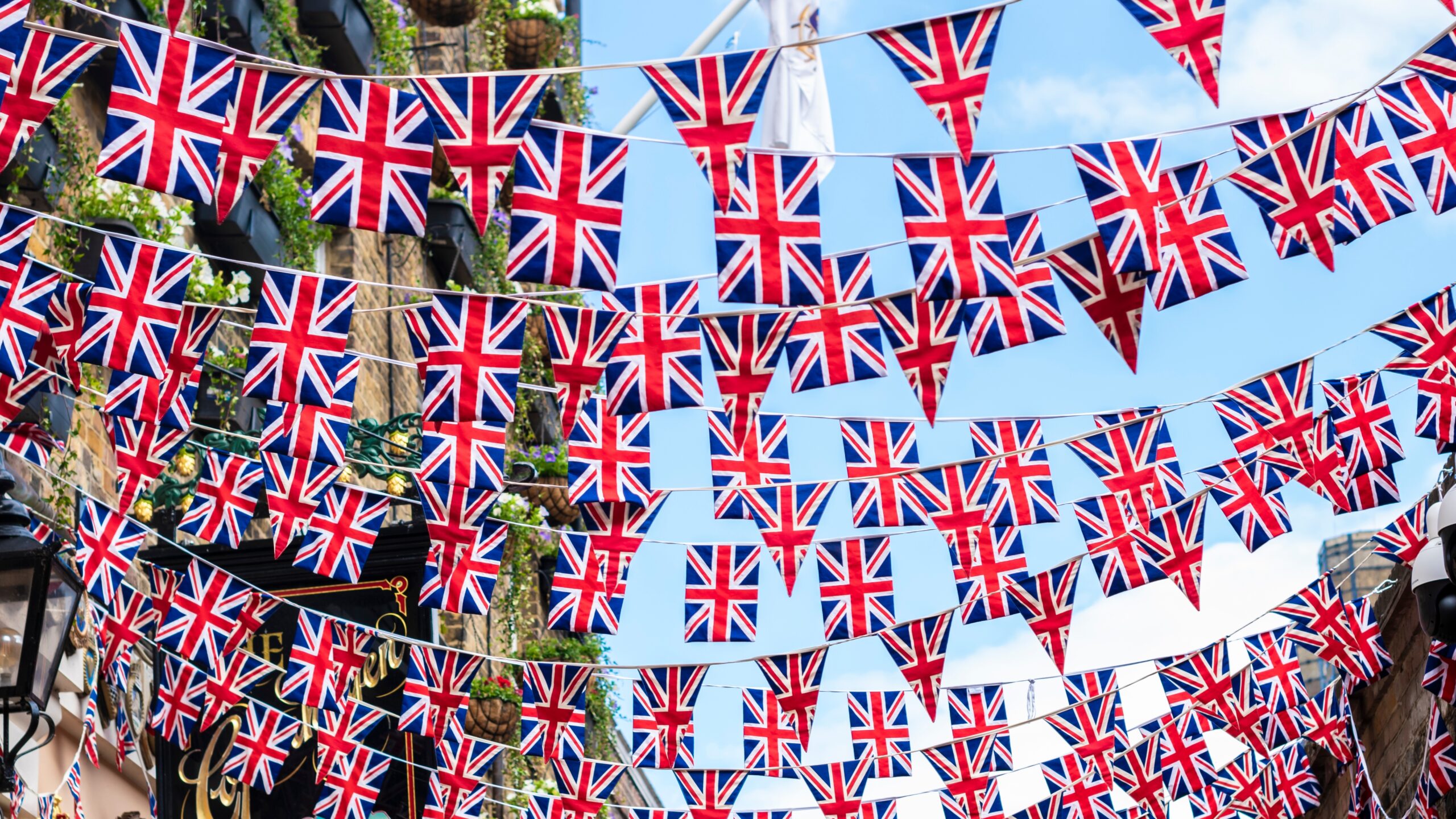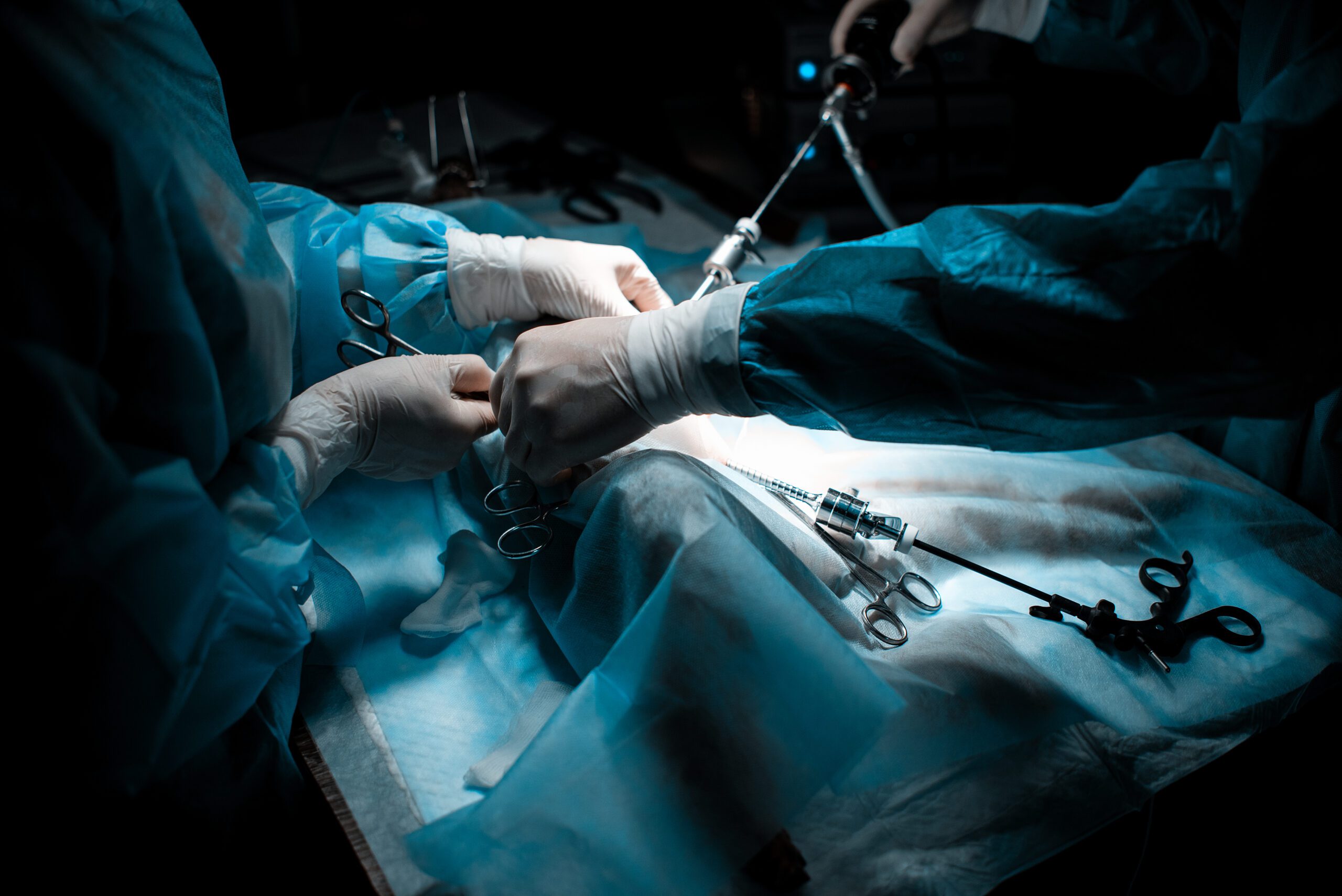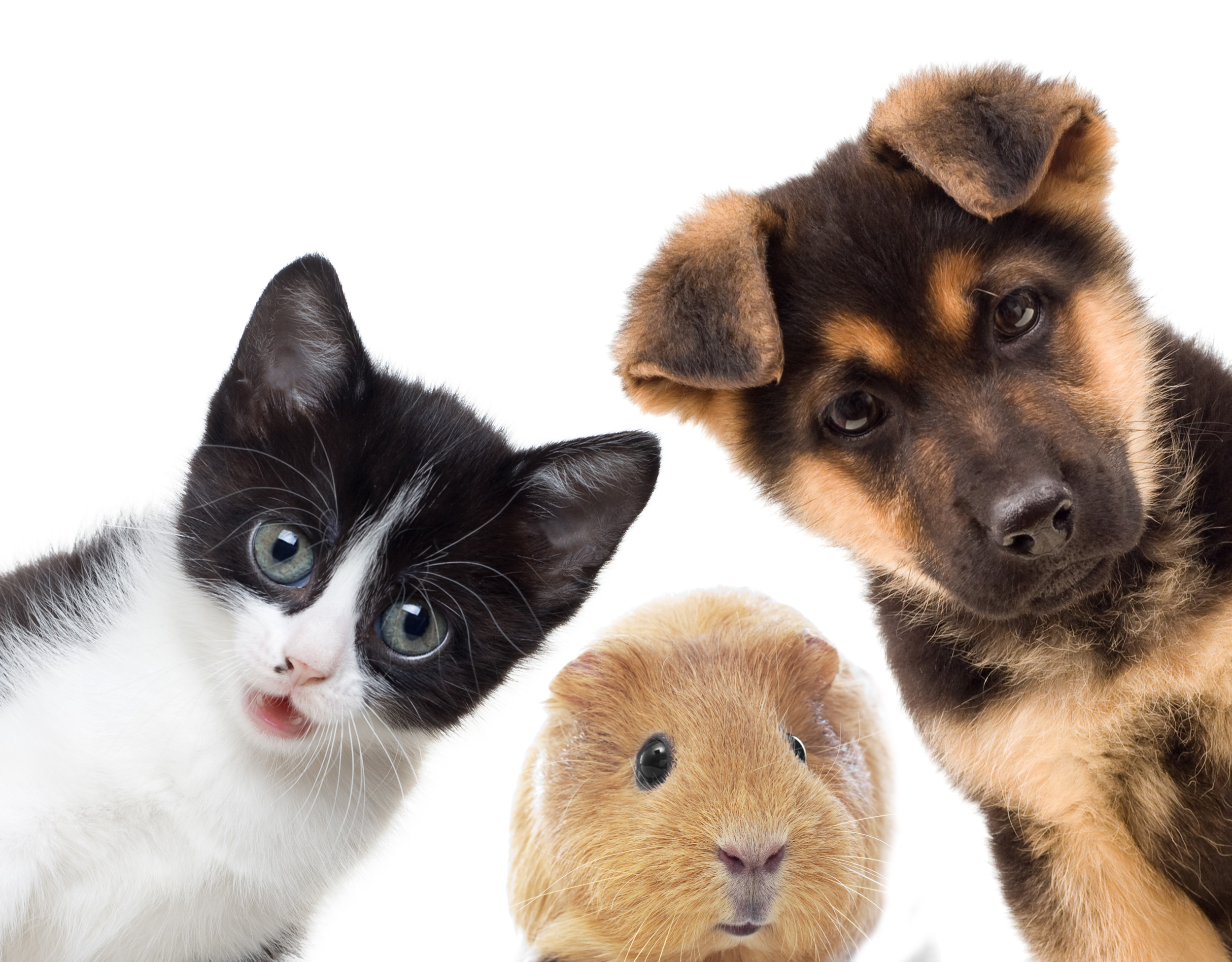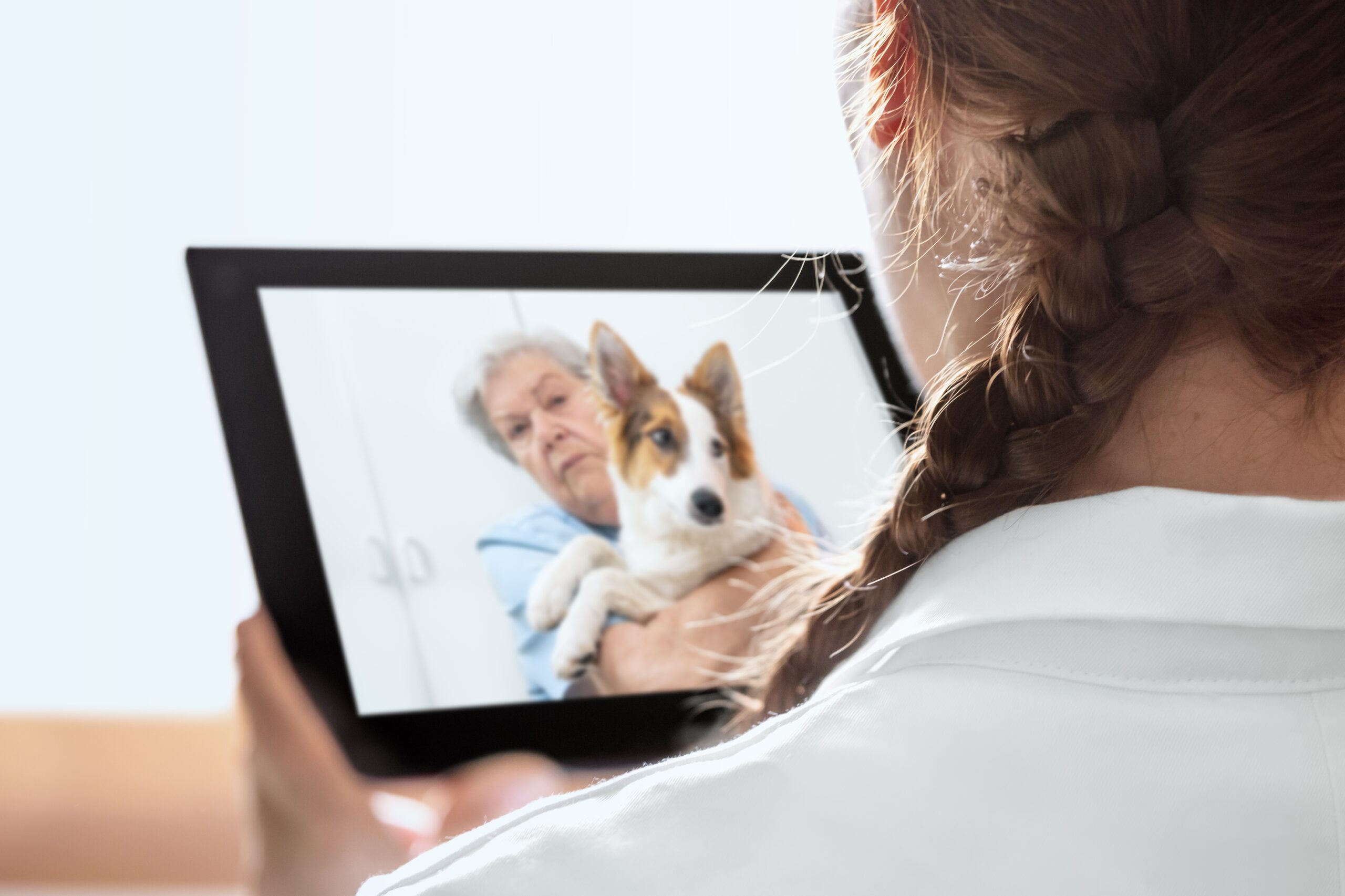Firework anxiety in dogs – Now is the best time to fix it
With Firework’s night and new year celebrations now complete, now is the perfect time to consider how best to ensure next year is a little easier for your dog. Research has shown that 80% of owners report significant changes in their pet’s behaviour during fireworks. Nearly half of pet owners say that their dog is scared of fireworks. Fireworks anxiety can be difficult to treat.
It is natural for dogs to be afraid of loud noises and flashing lights. In the natural environment they would warn of danger. Your dogs’ senses are also highly developed. Any noise will appear far louder to them than us, lights will appear brighter and more defined. Often fireworks displays have multiple flashes and bags in succession or even at the same time. This can be disorienting for your dog and the unpredictable nature of the display can be very frightening. Although primarily lit to celebrate bonfire night in the UK, fireworks are also used in many other celebrations.
It can be difficult to anticipate fireworks displays as they are now widely used for weddings and other large celebrations. They are however generally less frequent by min January. This allows time for us to consider desensitisation plans to calm your pet for next year’s festivities.
Signs your dog may have firework anxiety.
- Shivering and trembling
- Excessive barking
- Pacing
- Howling/crying
- Excessive panting
- Licking, chewing and drooling
- Seeming particularly clingy
- Hiding and avoiding contact
- Trying to escape
How can you help?
Desensitisation for fireworks anxiety
Desensitisation is a technique that exposes your dog to fireworks (that would normally cause anxiety) at an extremely low level so that there is no response.
If you have a new puppy, or a dog that has not experienced fireworks before then it is a really good idea to introduce them to the sound of fireworks in a calm and controlled manner. The sooner you can start this training the better. Ideally as part of your puppy’s socialisation plan whilst they are between 3 and 16 weeks old. There are many different desensitisation programs available online, but they all work in a similar way.
How do I do it?
- Introduce the sounds when your dog is relaxed and calm. Your dog should barely be able to hear the sounds at first and shouldn’t react beyond an initial ear twitch. The sessions should be kept to one or two minutes at first. The volume should be kept the same for a few days. The aim is to build up to playing the sounds for five minutes at a time, several times each day.
- Increase the volume gradually once you are confident that your dog is not showing any reaction. Each increase in volume should only be slight and should then be kept at that level for a few sessions. This will allow your dog to get used to it again. Continue to increase the volume over another few days until it is at a moderate level.
- Introduce a chew or Kong toy. Once your dog is happy listening to the sounds, you can give them a chew or food filled Kong toy as soon you start the recording playing. This will help them to associate the noise of fireworks with a treat
- Keep going with the above steps until your dog is confident listening to the recording at a fairly loud volume. This can take weeks to months depending on the dog. It is important to take your time and not try to hurry the process. If your dog starts to seem concerned by the noise, or stops chewing/playing to listen to it, reduce the volume again to the level they were previously happy with. Once they have had another few sessions at this level then you can try increasing the volume again.
Other sources of help with fireworks anxiety
If your dog has an existing fireworks anxiety can be difficult to treat., then speak to one of our Registered Veterinary Nurses. You could also discuss this with your vet or behaviourist.
If your dog still reacts badly to fireworks after you have completed a desensitisation plan, further help may be required from a veterinary professional or a behaviourist. It is always better to prepare for fireworks as early as possible. If the anxiety is already severe it may be worth starting training with them straightaway. Fireworks can be a source of fear and distress , but with planning and training, it is possible to improve this for most dogs.
